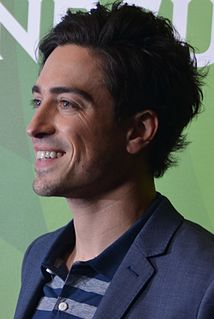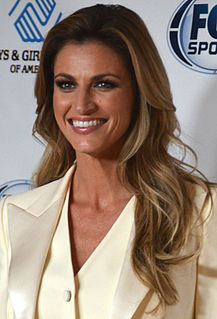A Quote by Ben Feldman
Read! Study never stops because publications never stop coming in. It's read and study. And think about what you're studying. Take it apart and put it together. Ask 'why?' And know the answers.
Related Quotes
Literary men now routinely tell their readers about their divorces. One literary man who reviews books wrote, in reviewing a study of Ruskin, that he had never read a book by Ruskin but that the study confirmed him in his belief that he didn't want to read a book by Ruskin. This man very often writes about his family life.
I was raised pretty much a fundamentalist, but the one thing that fundamentalism gave to me was the love for that book and a commitment to read and study it. The difficulty is that I've read it all, I didn't skip around, I read it all, and when you read it all, you can't take it literally because you don't want to blame God for a lot of stuff that occurs in that book. There are some pretty violent scenes.
I study harder now than I ever did in college or high school. There's just so much pressure to know what's going on, and I feel like, especially with social media, there's always new information coming out on the teams, the players, the coaches, and the games. You can never be fully read enough, and I'm just constantly reading articles, watching games, and trying to read blogs.
Unfortunately, there is something of a flaw in this idealized picture of the way the scientific community discovers truth. And the flaw is that most scientific work never gets noticed. Study after study has shown that most scientific papers are read by almost no one, while a small number of papers are read by many people.
I have a philosophy that white people would be interested in Native Americans because, first of all, it's probably the only group as a country we all study and know the history and then never study again past the age of 10. So I think we have these things we believe are true, that are just not true about what an audience wants.
Most people don't put things together. Geologists study the surface of the earth and geological phenomena. Meteorogists study the weather. That isn't science. Science is the study of all things that affect human beings. They have to be together! A meteorologist has difficulty talking with a sociologist, because they don't understand each other. You can't teach sciences in 'bits'; you have to bring it all together. Science is a way of thinking - a way at arriving at conclusions without your own opinion in it.




































